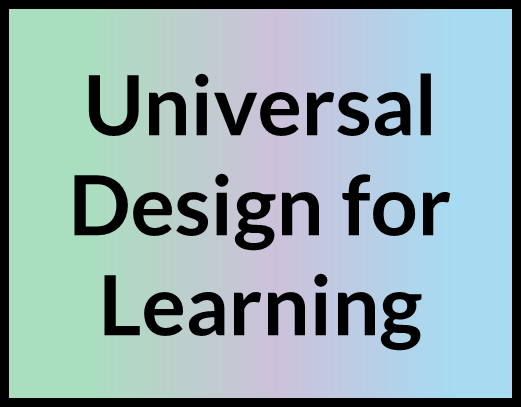Beyond Average: Designing for Variability with Universal Design for Learning
Author(s): Hayley Orndorf
BioQUEST
619 total view(s), 141 download(s)
Description
The Universal Design for Learning (UDL) Guidelines advocate for designing learning environments and materials to plan for variability rather than average, better supporting all learners in becoming experts in how they learn. UDL was developed by CAST in the 1990s using learning and neuroscience research. With three principles, nine guidelines, and 31 checkpoints, the UDL framework can at first be overwhelming, particularly when considering revising existing learning materials.
This short presentation at the 2022 SIMIODE EXPO introduced the UDL guidelines, noting how UDL relates to accessibility and inclusive teaching practices and complements approaches like Backwards Design. The presentation also explored strategies for identifying and implementing UDL checkpoints in iterative ways that reduce barriers for learners and instructors. Resources were included to support attendees in analyzing their materials for existing alignment with UDL and implementing additional UDL checkpoints.
Cite this work
Researchers should cite this work as follows:
- Orndorf, H. (2022). Beyond Average: Designing for Variability with Universal Design for Learning. Universal Design for Learning, QUBES Educational Resources. doi:10.25334/QRRW-N659
